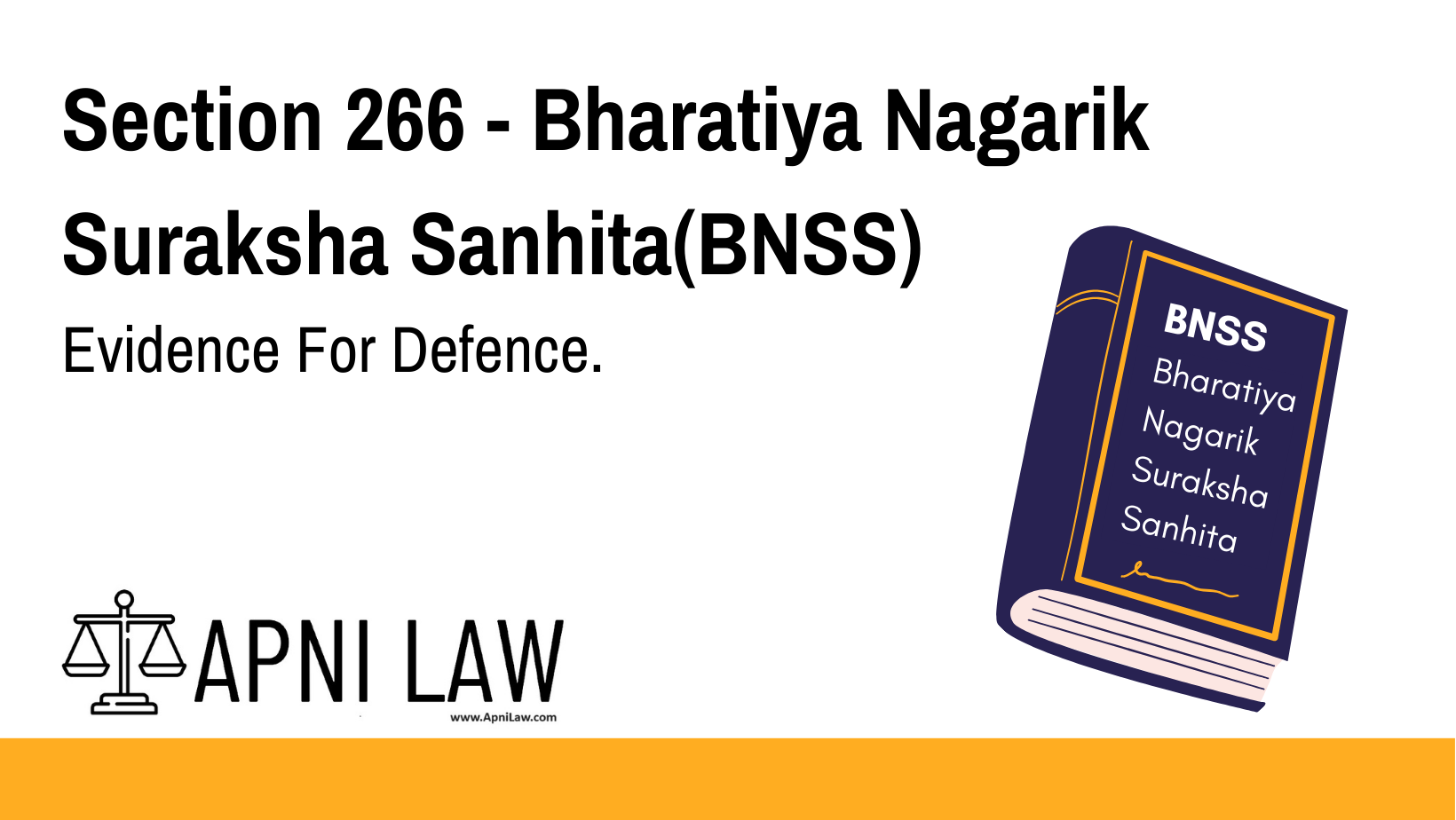Code:
(1) The accused shall then be called upon to enter upon his defence and produce his evidence; and if the accused puts in any written statement, the Magistrate shall file it with the record.
(2) If the accused, after he has entered upon his defence, applies to the Magistrate to issue any process for compelling the attendance of any witness for the purpose of examination or cross-examination, or the production of any document or other thing, the Magistrate shall issue such process unless he considers that such application should be refused on the ground that it is made for the purpose of vexation or delay or for defeating the ends of justice and such ground shall be recorded by him in writing:
Provided that when the accused has cross-examined or had the opportunity of cross-examining any witness before entering on his defence, the attendance of such witness shall not be compelled under this section, unless the Magistrate is satisfied that it is necessary for the ends of justice:
Provided further that the examination of a witness under this sub-section may be done by audio-video electronic means at the designated place to be notified by the State Government.
(3) The Magistrate may, before summoning any witness on an application under sub-section (2), require that the reasonable expenses incurred by the witness in attending for the purposes of the trial be deposited in Court.
Explanation:
This section outlines the process for an accused person to present their defense after the prosecution has presented its case. It covers the following:
(1) Right to Defence: The accused has the right to present their defense, which includes producing evidence and making a statement.
Written Statement: If the accused submits a written statement, the Magistrate must file it with the case records.
(2) Compelling Witnesses: The accused can request the Magistrate to issue summons for witnesses to appear for examination or cross-examination. The Magistrate must grant this request unless they believe it’s for vexation, delay, or defeating justice, which needs to be recorded in writing.
Exception: If the accused has already cross-examined a witness, they cannot compel their attendance again unless the Magistrate deems it necessary for justice.
(3) Witness Expenses: The Magistrate can require the accused to deposit the reasonable expenses for a witness’s attendance before summoning them.
Illustration:
Suppose a person is accused of theft. After the prosecution presents its evidence, the accused claims they were not at the scene of the crime and provides an alibi. They request the Magistrate to summon their neighbor as a witness to corroborate their alibi. The Magistrate, convinced that the request is genuine, issues a summons for the neighbor. However, the Magistrate might require the accused to deposit the witness’s travel expenses to ensure fairness.
Common Questions and Answers:
Q: Can the accused be compelled to present a defense?
A: No, the accused has the right to remain silent and not present a defense. However, choosing not to present a defense can have implications on the outcome of the case.
Q: What happens if the accused doesn’t provide evidence for their defense?
A: The prosecution’s evidence will be considered, and the Magistrate will make a decision based on the evidence presented. The accused’s silence can be used against them, but it doesn’t automatically lead to a conviction.
Q: Can the accused call any witness they want?
A: The accused can request the attendance of witnesses relevant to their defense. However, the Magistrate has the power to refuse the request if they believe it’s for improper purposes.








